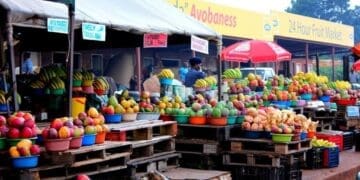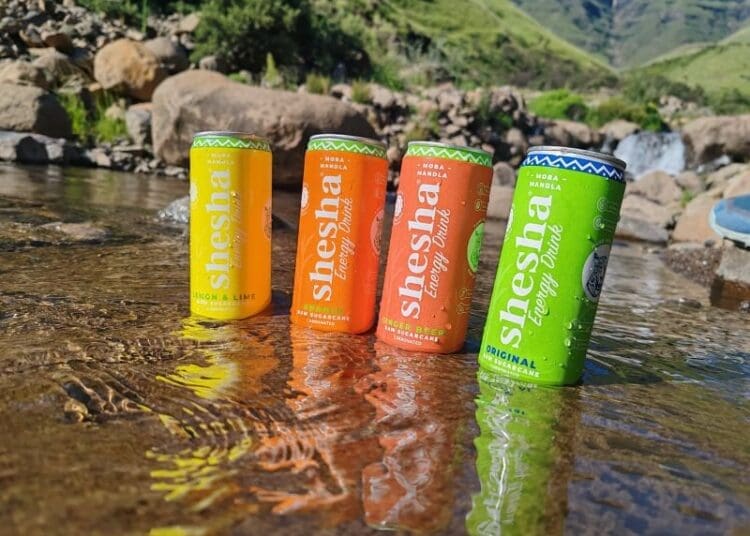South Africa’s sugarcane farmers are finding new hope in an unlikely source: an energy drink. Womoba, a company founded in partnership with the South African Canegrowers Association, has launched Shesha. This locally produced sugarcane-based energy drink aims to create new markets for growers and breathe life into an industry long battered by imports, rising costs, and the sugar tax.
Produced and canned in KwaZulu-Natal, Shesha is made from locally grown sugarcane and marketed as Africa’s first natural cane-based energy drink. The brand’s creators believe it can help transform the economics of sugar farming by channelling more value into the hands of growers and creating jobs in rural areas.
“The sugar industry has been under pressure for years, and farmers are looking for innovative ways to stay afloat,” said Womoba managing director Higgins Mdluli during the product launch.
“Shesha was developed not just to introduce a proudly South African beverage to the market, but to ensure that sugarcane farmers become active participants in the entire value chain, from field to shelf.”
The beverage comes in four flavours, Original, Lemon and Lime, Orange, and Ginger Beer and is already available through local retailers and e-commerce platforms. Shesha is available nationally through Takealot and Makro, and a few select retail stores in KZN.
Mdluli said that part of Womoba’s mission is to establish small bottling and packaging facilities in rural areas where sugarcane is produced, allowing more community members to participate in the production process.
The product could mean a more stable and inclusive future for an industry that supports over 80,000 workers and contributes nearly R16 billion to the economy each year.
“We often sell our cane and never see what it becomes after it leaves the mill,” said Kiki Mzoneli, a small-scale sugarcane grower and cooperative member Kiki Mzoneli.
“Knowing that our cane is part of a product made here at home gives us pride, but more importantly, it allows us to earn better returns. Every can of Shesha supports local jobs and keeps value in our communities.”
Industry observers say diversification projects like Shesha are critical for the sector’s sustainability. Over the past five years, South Africa’s sugarcane industry has faced stiff competition from imports and has seen more than a dozen small mills close down. By developing downstream products such as energy drinks, ethanol, and bioplastics, farmers could begin to reduce their dependence on volatile sugar prices.
According to the South African Canegrowers Association, the initiative forms part of a broader push to revitalise sugarcane farming by linking agriculture to manufacturing and entrepreneurship. The organisation has supported several product-development projects designed to help farmers capture more value from their crops and create new employment in surrounding towns.
Independent agribusiness consultant Teboho Molefe noted that such innovation not only protects rural livelihoods but also strengthens South Africa’s manufacturing base.
“When farmers are part of the product chain, the multiplier effect on local economies is significant,” independent agribusiness consultant Teboho Molefe told Vutivi Business News.
“It stimulates local logistics, packaging, and marketing sectors, while also positioning South Africa as a player in value-added exports.”
lazola@vutivibusiness.co.za






















































